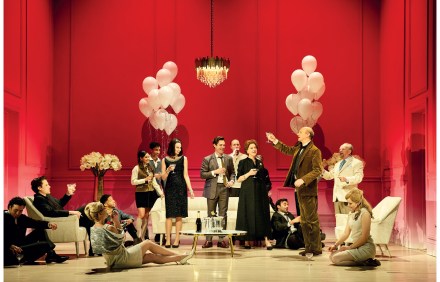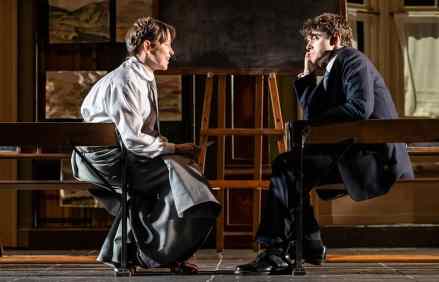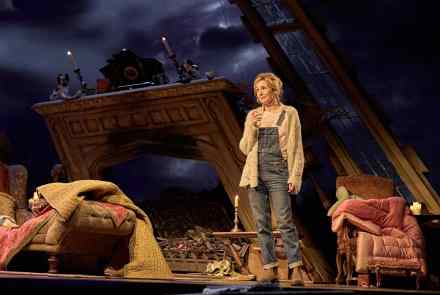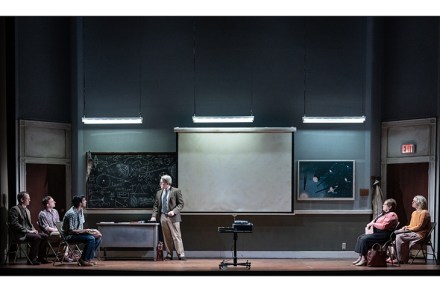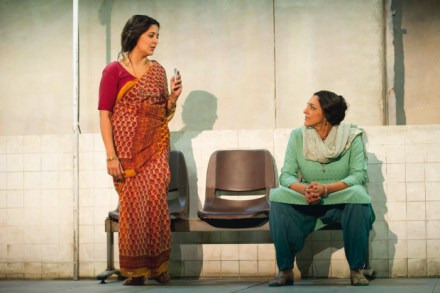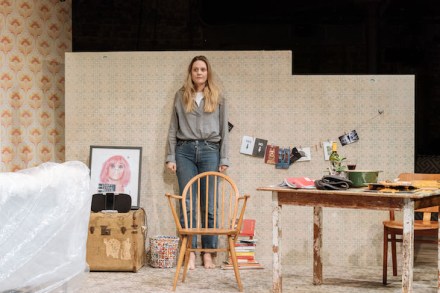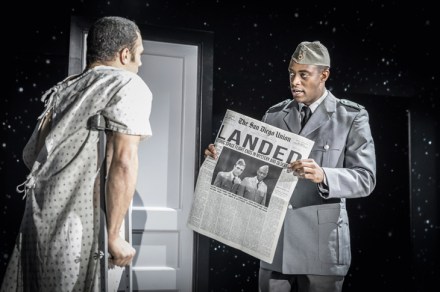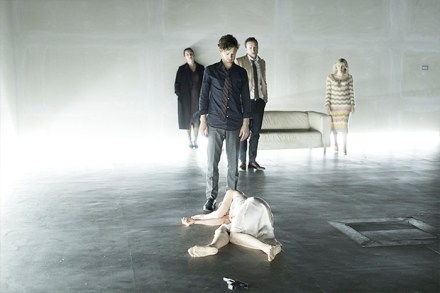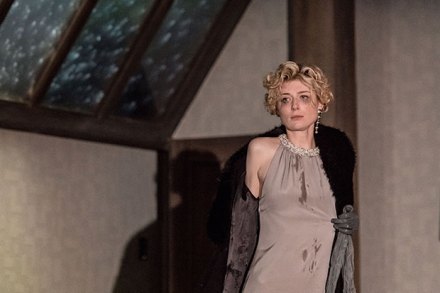What a muddle: The House of Bernarda Alba, at the Lyttelton Theatre, reviewed
Green, green, green. Everything on stage is the same shade of eau de Nil in the NT’s version of Federico García Lorca’s classic, The House of Bernarda Alba. All the furniture and props are green. The mirrors, the walls, the crucifixes, the clocks and even the bucket and the knife-rack bear the same queasy pigment. The idea, perhaps, is to suggest a lunatic asylum or an NHS waiting room. Lorca’s steamy tale is set in a remote Spanish village in the 1930s where life is dominated by the repressive and superstitious Catholic church. The story opens with a nasty matriarch, Bernarda Alba, celebrating her husband’s death by ordering her five




